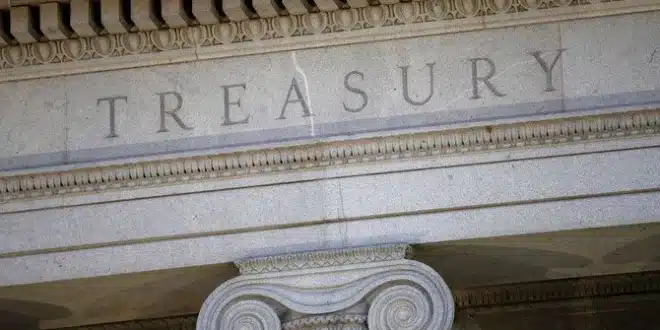The United States has launched a new initiative aimed at dismantling financial operations linked to Hezbollah in South America. On Monday, the U.S. Department of State’s Rewards for Justice program announced an offer of up to $10 million for credible information that exposes Hezbollah’s financial networks in the region.
This move reflects longstanding concerns about the group’s operational footprint in the Western Hemisphere, particularly within the Tri-Border Area where Argentina, Brazil, and Paraguay converge. Officials state that Hezbollah’s presence in the region dates back to the 1980s and continues to pose a threat to regional and international security.
Historical Context and Activity in the Region
Hezbollah has been accused of orchestrating several high-profile terrorist attacks in the Americas. Among these are the 1994 bombing of the Argentine Jewish Mutual Aid Society in Buenos Aires, an incident that claimed 85 lives and left hundreds injured. The group has also been linked to the 1992 attack on the Israeli embassy in Argentina and the 1994 bombing of Alas Chiricanas Flight 00901 in Panama.
U.S. authorities allege that beyond its violent activities, Hezbollah has built a complex financial structure across Latin America. In the Tri-Border Area, its members and affiliates are said to be engaged in a wide array of illicit revenue streams. These include trade-based money laundering, trafficking of narcotics, smuggling of charcoal, oil, and diamonds, as well as the movement of bulk cash and counterfeit currency. Additional schemes involve the forgery of documents and the smuggling of luxury items, including cigarettes.
Commercial Enterprises and Broader Reach
Beyond criminal operations, Hezbollah reportedly raises funds through legal commercial ventures as well. These span industries such as construction, the import and export of goods, and the real estate sector. The group’s use of legitimate business fronts makes its financial networks more difficult to track and disrupt.
The Rewards for Justice program is actively encouraging individuals with information about these networks to come forward. The reward offer is part of a broader strategy to curtail the group’s ability to finance its global operations, including those linked to violence and extremist activities.
This latest effort underscores the United States’ ongoing commitment to counterterrorism and financial disruption operations targeting groups operating beyond the Middle East. Authorities stress that disrupting funding mechanisms is a critical component in weakening the global reach of organizations like Hezbollah. Further developments in the investigation are expected as the program gathers intelligence from international sources.


